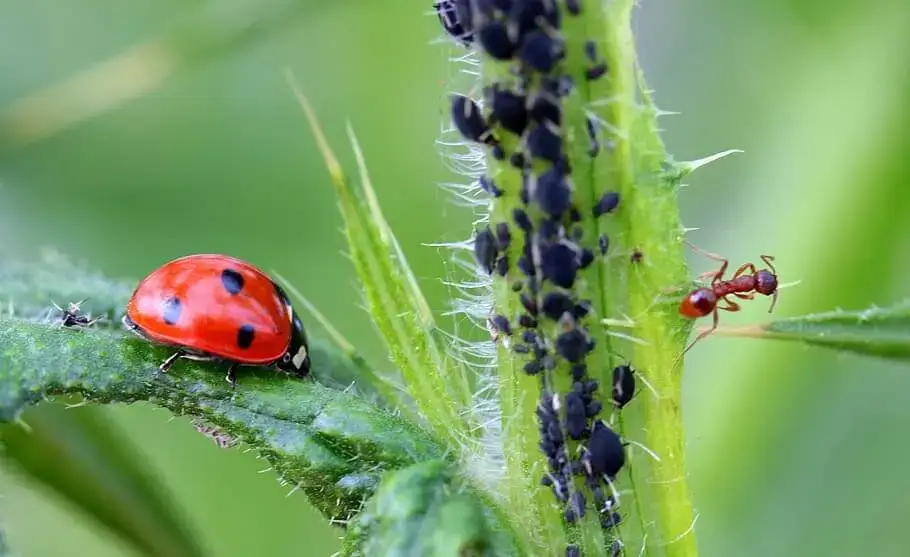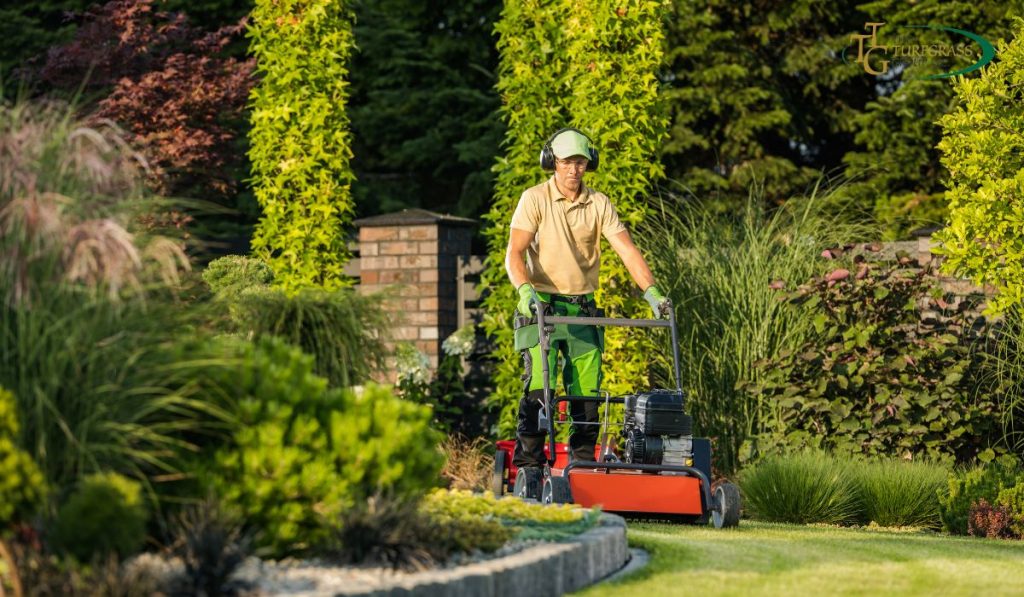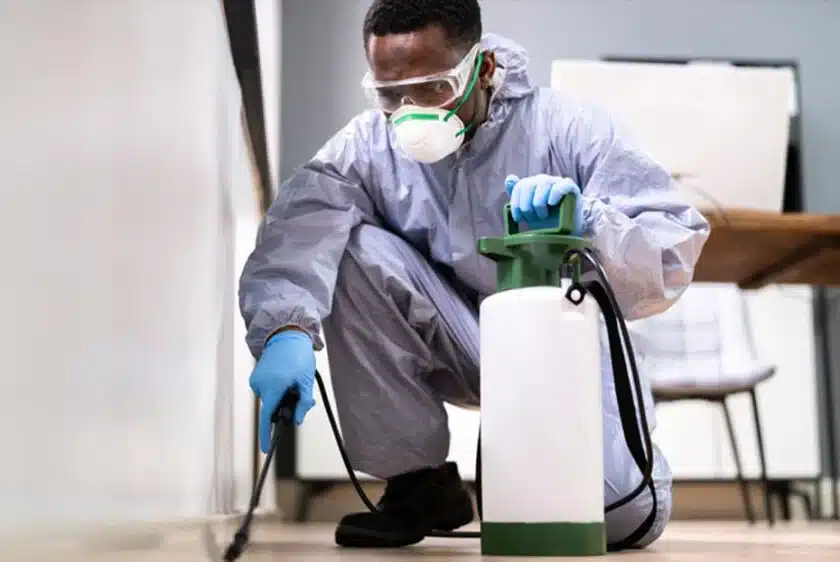Top Strategies for Eliminating Pests from Your Property for Good
Pests are the absolute worst, and the last thing you want to have on your property. Eliminating them from your space can seem like an uphill battle, but with the right strategies, you can effectively rid your home and yard of these unwelcome guests for good.
Here are some of our best strategies to ensure your property remains pest-free. If none of these work, we recommend getting a professional pest management service to come and finish the job for good.
1. Identify the Pests

Before you can effectively eliminate pests, you need to identify which pests are present and accounted for, so you know who is causing the problems.
Why is this important? Well, as you can imagine different pests require different strategies for removal. Some of the more common household pests include ants, cockroaches, rodents, termites, bedbugs, and mosquitoes, and each one requires a different removal method (although there are some underlying similarities).
Once you know what you are dealing with, you can tailor your approach accordingly.
2. Maintain Cleanliness
This is probably the most important thing you can do. Keep your home clean. Remember, a clean environment is less attractive to pests. Regular cleaning routines can deter pests from making your home their own.
For example, make sure that you keep kitchen surfaces clean, store food in airtight containers, and dispose of garbage regularly as pests will always go where the food is.
They also need water to survive, so be sure to keep areas where there is generally water (such as bathrooms) dry and free of mildew. Also, clean out your drains to prevent the build-up of gunk that attracts pests.
In the living areas, be sure to vacuum regularly, especially in areas where crumbs and other debris can accumulate, such as under furniture and in carpeted areas.
3. Seal Entry Points

Many pests enter your homes through small cracks and openings, and sealing these entry points can significantly reduce pest invasions.
You can’t get them all (well you can try), but here are some things you should focus on:
- Doors and Windows: Ensure all doors and windows have proper screens and weather stripping. Repair any holes or gaps immediately.
- Cracks and Gaps: Inspect the exterior of your home for cracks and gaps in the foundation, walls, and around utility pipes. Use caulk or other appropriate materials to seal them.
- Vents and Chimneys: Install mesh screens over vents and chimneys to prevent pests from entering.
4. Proper Waste Management
One man’s trash is a pest’s treasure. Pests are often attracted to waste so managing your waste properly can help deter them.
For example, use trash bins with tight-fitting lids. Keep them clean and ensure they are emptied regularly.
And, if you are going to compost, ensure your compost bin is sealed and turned regularly to discourage pests.
5. Yard Maintenance

Many pests thrive in overgrown or cluttered environments, so keeping your yard in good nick is another great way to deter pests.
By keeping your lawn mowed and removing any weeds or debris, trimming trees and shrubs away from your home, and eliminating standing water sources where pests, especially mosquitoes, can breed you can fight back against pests.
Be sure to check birdbaths, gutters, and flowerpots as well as any trees or shrubs that are against your home providing a bridge for entry.
6. Use Natural Predators
Introducing natural predators can be an effective and eco-friendly way to control pest populations. There are a number of different bugs and animals that act as predators for pests, here are some examples:
- Ladybugs: Ladybugs can help control aphids and other garden pests.
- Birds: Installing bird feeders can attract birds that eat insects.
- Nematodes: Beneficial nematodes can control soil-dwelling pests.
7. Employ Traps and Baits
Traps and baits can be effective for certain pests. For example, you could use traps for mice and rats in areas where they are active.
And, there are a number of insect baits as well such as ant and cockroach baits which can be effective in reducing populations. Place them in areas where you have seen activity.
8. Chemical Control
When necessary, chemical treatments can be effective but should be used responsibly.
Insecticides work well for specific pests as a last resort, but make sure that you follow all safety guidelines.
Rodenticides are also good as a last resort but be cautious with them as they can be harmful to pets and other wildlife.
9. Professional Pest Control

Sometimes, professional help is necessary, especially for severe infestations or hard-to-control pests. A professional pest control service can inspect your property and provide targeted treatments. Many of these professionals use IPM, which combines different strategies to manage pests effectively and sustainably.
10. Monitor and Maintain
Regular monitoring and maintenance are crucial to keeping your property pest-free. Conduct regular inspections of your home and yard to catch any signs of pests early and maintain cleanliness and upkeep to prevent pests from returning.







